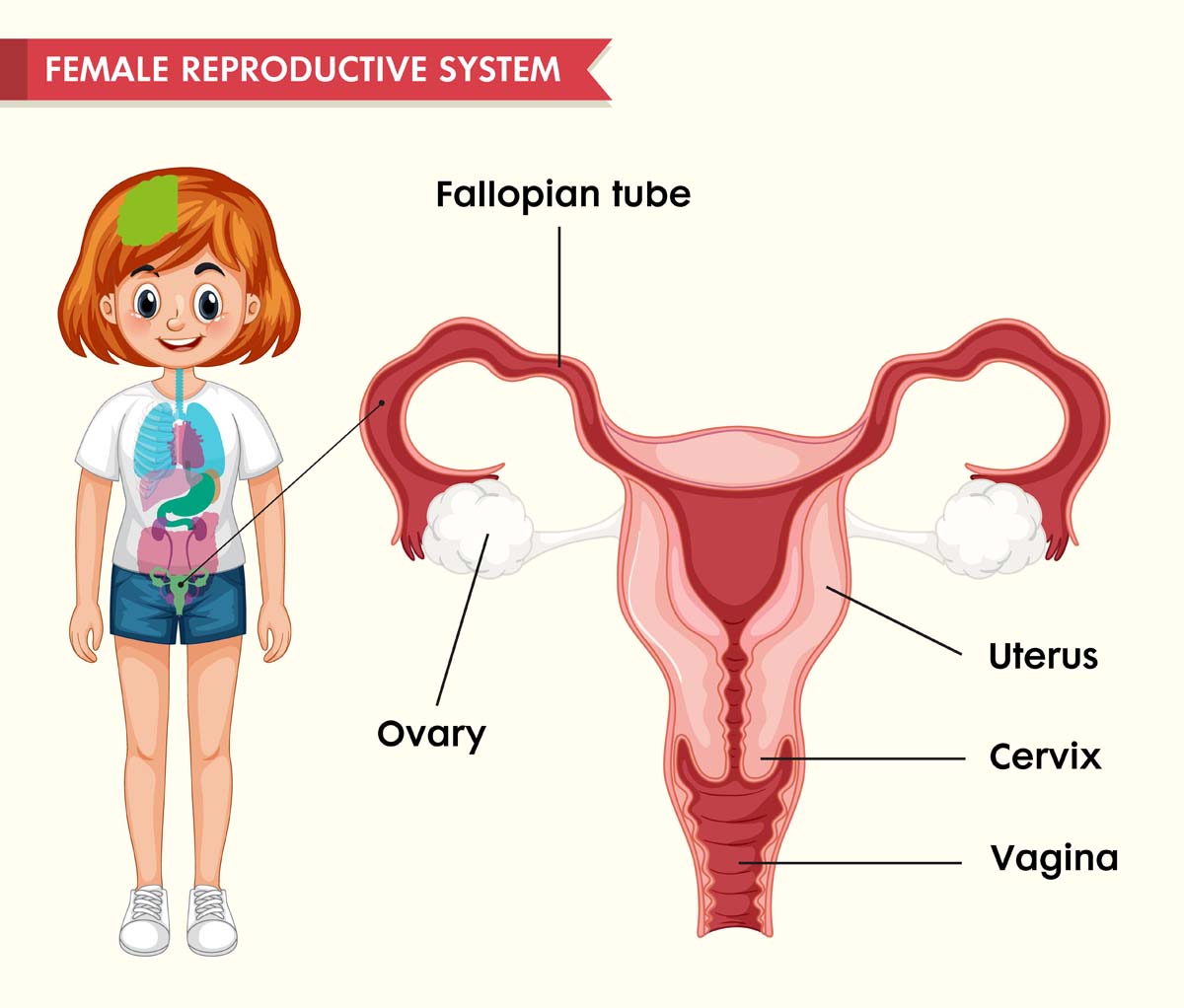Contrary to popular belief, being sexually healthy does not signify the mere state of being free from sexually transmitted diseases or some other forms of infirmity or dysfunction. Rather, sexual health is an umbrella term encompassing many different facts related to one's mental and social well-being too.
Simply, you need to have a healthy reproductive system in order to give birth to healthy children. Keeping this in mind, read through the following lines and learn more about this incredibly important factor of human existence.
Healthy Reproductive System for Healthy Children
The main products of the lack of reproductive health can be found around the world, especially in the developing or poor countries where people experience mass appearance of unwanted childbearing, HIV, STDs and various illnesses during female pregnancies, resulting in 250 million years of productive life lost every single year.
Furthermore, in many cases, sexual and gender-based violence contributes to lack of reproductive health in every third woman on the planet, making them incapable of making their own sexual decisions or choices. Subsequently, these women get exposed to unsafe sexual practices. This leads to bad reproductive health and many negative consequences.
Yet, this does not signify that men are free from sexual problems of these types. On the contrary, men are advised to pay more attention to their role in reproductive health, taking into consideration that they can be carriers of STDs and many other problems of this type. Therefore, they too need to get informed on the importance of good reproductive health.
In fact, the World Health Organization reports that lack of good reproductive health results is health issues in 20% of women and 14% of men around the planet.
- Exposure to lead is linked to reduced fertility in both men and women.
- Mercury exposure has been linked to issues of the nervous system like memory, attention, and fine motor skills.
- Exposure to diethylstilbestrol (DES), a drug once prescribed to women during pregnancy, can lead to increased risks in their daughters of cancer, infertility, and pregnancy complications.
- Exposure to endocrine-disrupting compounds, chemicals that interfere with the body’s hormones, may contribute to problems with puberty, fertility, and pregnancy.
So, in order to stay away from sexual illnesses in any of their forms, we are advised to have a positive and respectful attitude towards sex and sexuality, focusing on pleasure for both sides, putting safety first. Coercion, discrimination and violence should never be a part of healthy sexual relationships.
Contraception is a very important factor of reproductive health since this form of birth control can eliminate up to 35% of cases of maternal death. Furthermore, in sub-Saharan Africa only 23% of all women use contraception, in any of its forms, while these numbers are as low as 8% in some other countries. Naturally, this is a fact which does little to promote reproductive health, but much to lead to illnesses and various other problems mentioned above.
As for the oral contraceptive pills, these are used by 60% Bangladesh's users of contraception, while these numbers in India are only 6%. However, it is good to know that a vast majority of married individuals undergo some form of sterilization as a birth control method (78%).
Family planning is yet another important part of good reproductive health since the more thought you put into the size and functioning of your family, the better the family it will be. Unfortunately, more than 200 million women around the world do not have access to proper family planning techniques.
Keep in mind that, currently, around the world, more than 80 million of unwanted pregnancies take place in developing countries, mainly due to absence of proper contraceptive measures. By promoting healthy pregnancies, family planning systems and methods give their best to help people form well functional families through proper reproductive health.
Millennium Goals for Reproductive Health
Achieving universal access to reproductive health by the year 2015 is one of the main goals of Millennium Development Goals of the United Nations.
The areas covered by the development plan are increasing the rate of the prevalence of contraceptives, decreasing the birth rate when it comes to adolescents, take care of antenatal care expenses and deal with the needs of adequate family planning systems.
Since the year 2000, until 2005, the situation has improved or it has stayed the same. Nevertheless, the progress was the slowest in the developing countries, especially sub-Saharan Africa. At the end of 2005, the WHO came to a conclusion that about 55% of women do not have the necessary antenatal care, while about 24% of women do not have adequate access to family planning.
Finally, bear in mind that entering pregnancy before a person is 18 years old is a step which can prove to lead to many different problems, both for the mother and for the child. Moreover, once a mother has given birth, she is advised to wait for 2 years before becoming pregnant again. If you have undergone abortion or a miscarriage, you are advised to wait for at least 6 months before entering pregnancy again.
To sum up, being of good reproductive health does not simply mean being free from sexually transmitted diseases. Rather, many different factors are encompassed by this term, describing various lifestyle issues and relationship obligations.
Therefore, bear in mind that this world still fights the problems of poor reproductive health, especially in developing countries. So, make sure you make the difference and set a good example.


















Your thoughts on this
Loading...